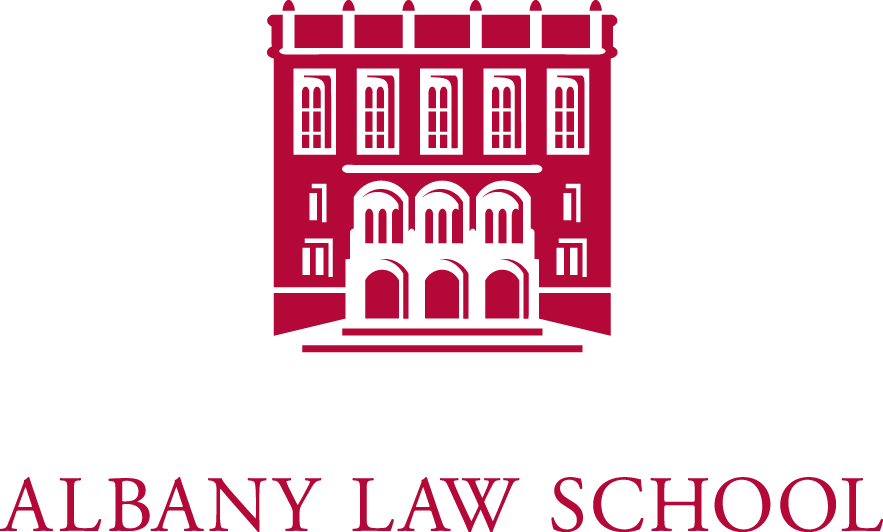Newswise — With conversations and claims about elections continuing, The Government Law Center (GLC) at Albany Law School examines the upcoming case of Moore v. Harper before the Supreme Court of the United States on Dec. 7 in its latest explainer, “Moore v. Harper: May State Laws Concerning Federal Elections Be Subject to State Judicial Review?”
“The issue squarely presented is whether state courts have the authority to consider any claim relating to an action taken by a state legislature that concerns federal elections. The decision might also affect the mechanism for choosing electors from the states to the electoral college,” writes author and GLC Legal Director Richard Rifkin. “This is possibly the most significant election case ever heard by the Court.”
The case began with a challenge to North Carolina’s new congressional districts drawn by the state legislature following the 2020 census. The North Carolina Supreme Court invalidated the new districts because it found that they violated several provisions of the North Carolina state constitution. Timothy Moore, Speaker of the North Carolina House of Representatives, presented an application for a stay of that decision to the United States Supreme Court. The stay was denied due to impending elections, but the Supreme Court agreed to hear the case, which will be argued on Dec. 7.
Moore argued that state courts do not have the authority to review the actions of state legislatures when they relate to federal elections.
"The issue to be argued is based on what is sometimes called the ‘independent state legislature’ theory. It is premised on Article I, Section 4 of the federal constitution, which provides that ‘The Times, Places and Manner of holding Elections for Senators and Representatives, shall be prescribed in each state by the Legislature thereof, but the Congress may at any time by Law make or alter such Regulations,’” Rifkin writes. “The appellants argue that this provision precludes any entity in a state government other than its legislature from involvement in federal election law. Thus, according to this theory, changes to any laws enacted by a state legislature may be reviewed only by Congress."
“Whether the Court will accept the independent state legislature theory is an open question. If it does, it would constitute one of the most momentous historical changes in the functioning of state governments, at least in cases related to federal elections,” Rifkin concludes.
The explainer is the latest in a series from the GLC that concisely map out the law that applies to important questions of public policy. The GLC has also created explainers on a variety of topics, including state constitutional amendments, voting rights, government ethics reform, political redistricting in New York, immigration, aging, and policing policy, among others.
--
The Government Law Center helps state and local governments better serve their communities while training the next generation of leaders in public service. We are a diverse and inclusive group of practitioners, students, and scholars working together to produce high-quality, reliable, nonpartisan legal research and analysis.
Albany Law School is a small, private school located in the heart of New York State’s capital where it has educated leaders since 1851. The institution offers students an innovative, rigorous curriculum taught by a committed faculty. It has an affiliation agreement with the State University at Albany that includes shared programs and access for students and faculty to learn from one another. Students have access to New York's highest court, federal courts, the executive branch, and the state legislature. With approximately 10,500 alumni practicing across the country and several continents, Albany Law School’s graduates serve as a vital community and resource for the school and its students. The school offers the J.D. degree—the traditional law degree—along with residential and online Master’s and LL.M. programs, as well as online advanced certificate programs.
